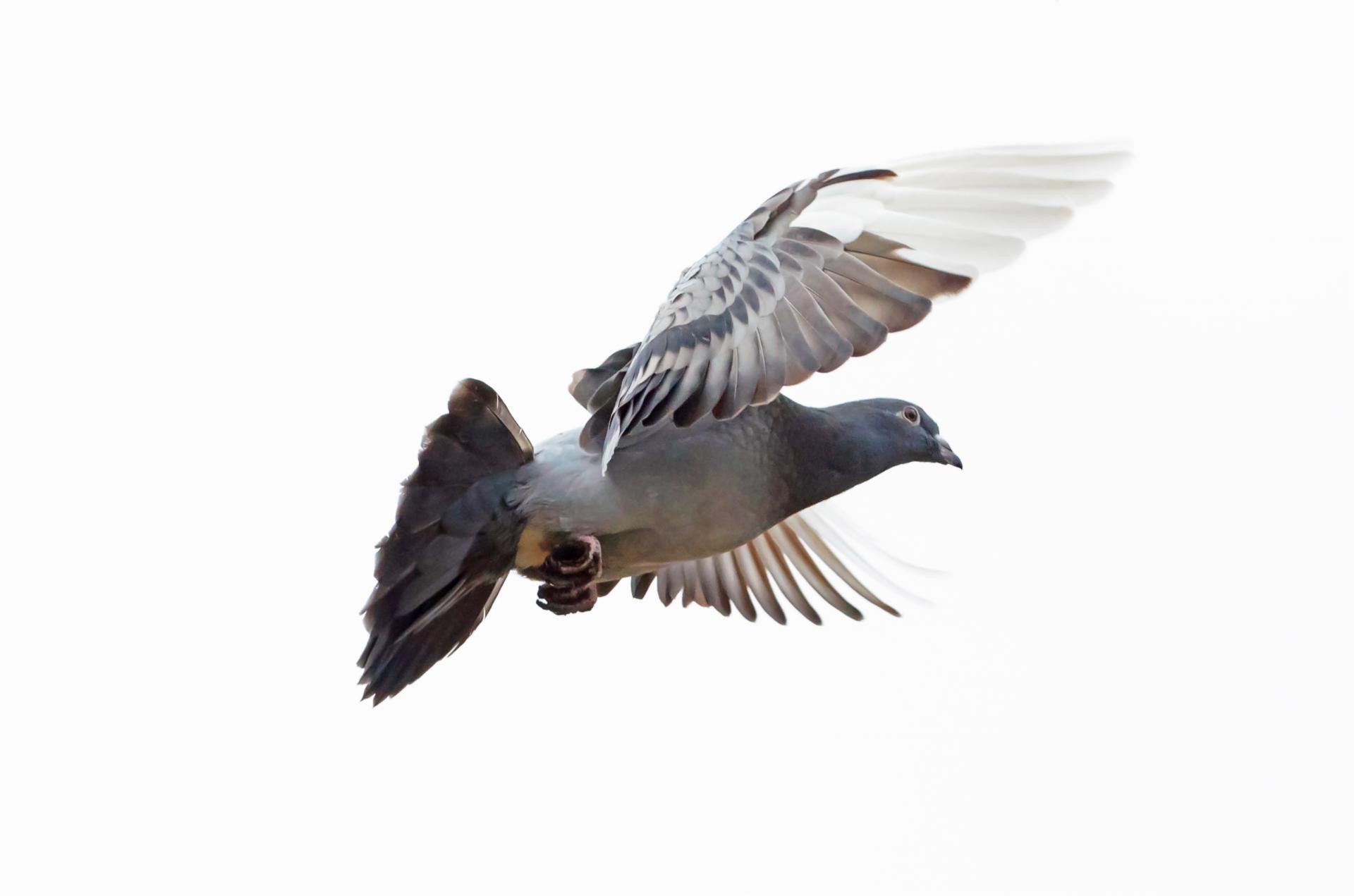
Euthanasia is a highly debated and sensitive topic that affects both humans and animals. While euthanasia in human medicine has been extensively studied, its counterpart in veterinary medicine often receives less attention. This lack of discussion can result in differing opinions surrounding the practice. In this article, we will delve into the ethics and practices of humane end-of-life decisions in veterinary medicine, exploring its importance among animal owners, methods, and the roles of veterinarians and animal owners in making life-or-death decisions.
Significance of Euthanasia in Veterinary Medicine
In veterinary medicine, euthanasia serves as a humane means of ending an animal's life when its quality of life is severely suffering. The decision to euthanize an animal is often a emotional one, weighing the animal's suffering against its potential for improve quality of life. Caregivers need to prioritize the animal's well-being with the emotional bond between animal and owner. By performing euthanasia, veterinarians can relieve an animal's pain and alleviate ongoing discomfort, by preventing prolongation of suffering and promoting the overall welfare of the animal.
Methods of Euthanasia
Euthanasia methods in veterinary medicine vary depending on the situations and the veterinarian's decision-making skills. Common methods include overdose of anesthetics, administration of barbiturates, and gas chamber use in euthanasia. The method chosen must be quick, painless, and painless. Healthcare professionals need to evaluate the size, age, and physical condition of the animal when selecting an appropriate method.
The Role of Veterinarians in Euthanasia
Veterinarians play a critical role in the euthanasia process, guiding animal owners through the decision-making and ensuring that the procedure is carried out with compassion. They are capable of evaluating an animal's quality of life, take into account the owner's emotional well-being, nembutal bestellen and advise on alternative treatment options. Veterinarians must also remain vigilant in their professional conduct, maintaining the highest principles when dealing with animal suffering.
The Role of Animal Owners in Euthanasia
Animal owners are essential in the euthanasia process, as the decision to euthanize an animal is often influenced by their emotional attachment and emotional connection with the animal. Owners must weigh their own emotional satisfaction against the animal's suffering, recognizing when it is time to let go. Animal care specialists can offer owners with valuable guidance, but the final decision rests with the owner.
Ethical Considerations
Euthanasia in veterinary medicine elicits a range of ethical concerns, including concerns about animal well-being, owner approval, and the understanding of quality of life. Veterinarians must navigate the complex ethics surrounding euthanasia, balancing their professional responsibility to animals with their duty to their clients. The AVMA provides guidance on euthanasia practices, emphasizing the importance of compassion in the guidance provided.
Conclusion
Euthanasia in veterinary medicine is a compassionate practice that calls for expertise. Animal care specialists animal owners and the medical community at large must approach euthanasia with empathy for the animals placed in their care. By acknowledging the complexity of euthanasia in veterinary medicine, we can work towards promoting the welfare of animals, uphold the highest standards of ethics, and foster a more empathetic and supportive environment for both animals and humans.